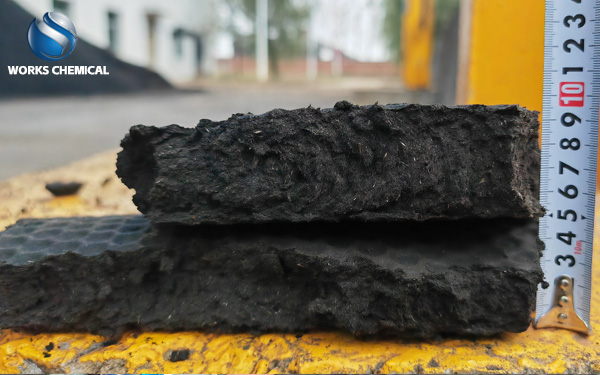
In the field of sludge treatment, traditional methods such as single flocculants and natural drying treatment once dominated. However, the emergence of sludge enhancers has formed a sharp contrast, presenting both significant advantages and certain challenges.

In terms of processing efficiency, traditional natural drying is greatly affected by weather, has a long processing cycle, and cannot even be carried out normally in rainy and cloudy weather. Moreover, it occupies a large area and is not suitable for areas with tight land resources. After adding sludge enhancers, sludge treatment is no longer restricted by weather conditions, and the efficiency of processes such as dewatering and stabilization is significantly improved. Take dewatering as an example. Traditional single flocculant treatment may take several hours to achieve a certain dewatering effect, while suitable sludge enhancers can often achieve better dewatering results in a shorter time.
In terms of treatment effect, traditional treatment methods have limited processing capacity for complex sludge. For instance, for sludge containing heavy metals, traditional methods are difficult to stabilize the heavy metals and they are prone to be released again in the environment. Specialized sludge enhancers can effectively stabilize heavy metals and reduce their harmfulness through chelation and other effects. However, sludge enhancers are not without drawbacks. Their cost is relatively higher than that of traditional single agents, which may pose a challenge for some small-scale sewage treatment enterprises.
In addition, the operation of traditional treatment methods is relatively simple, while the use of sludge enhancers requires parameter adjustments based on the characteristics of the sludge, which has certain requirements for the professional skills of the operators. However, in the long run, the improved treatment effect and comprehensive cost savings brought by sludge efficiency enhancers have gradually made them the choice of an increasing number of enterprises. Meanwhile, with the continuous advancement of technology, the cost of sludge enhancers is gradually decreasing, and the convenience of operation is also constantly improving. Its future application prospects remain broad.